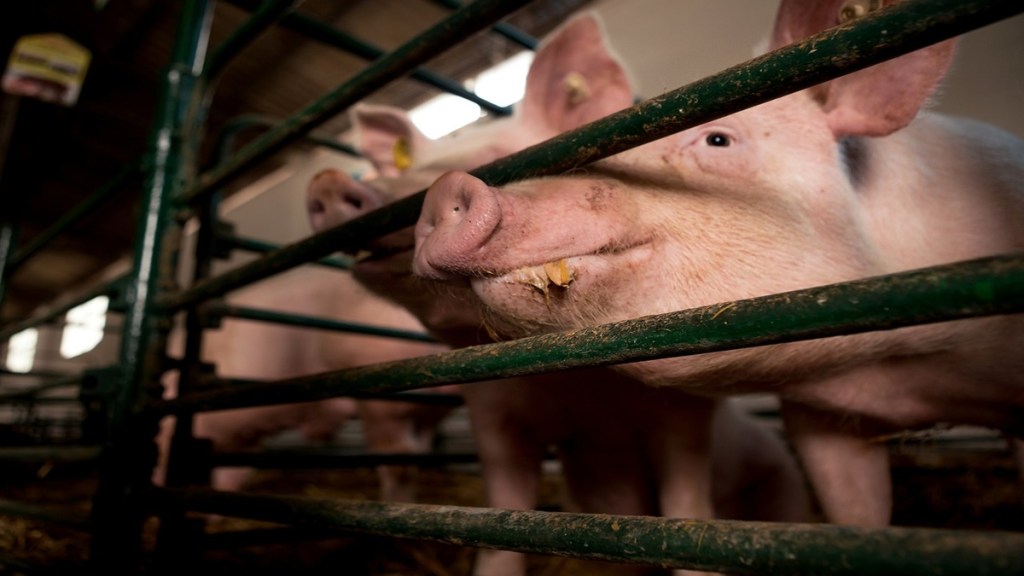Ludhiana swine flu outbreak: Punjab’s Ludhiana has reported 26 cases of swine flu this year. According to media reports, health officials have flagged an early uptick for the disease.
“Last year, the district logged 33 cases. However, they started surfacing with the onset of winter. This year, the cases started as early as July, which is something not usually seen,” said district epidemiologist Dr Ramanpreet Kaur as reported by HT.
Reportedly, Kaur maintains that as 26 cases recorded already in early October, the total tally this year may be higher. She added while there has not been any deaths due to the disease this year, two of the cases are active, as per HT.
What is swine flu?
H1N1 flu, also known as swine flu, is a type of influenza A virus. According to Cleveland Clinic, it is called swine flu because it resembles a respiratory infection that pigs can get. In 2009, an H1N1 pandemic infected millions of people worldwide.
What are the symptoms of swine flu?
The symptoms of swine flu (H1N1) are similar to the symptoms of regular flu. Symptoms may include:
- Fever.
- Chills.
- Cough.
- Sore throat.
- Body or muscle aches.
- Headache.
- Fatigue.
How Swine Flu is treated?
Most people with swine flu (H1N1) who are otherwise healthy don’t need special drugs or treatments. If you have swine flu, you should:
- Get plenty of rest.
- Drink fluids.
- Eat a light diet.
- Stay home.
- Take acetaminophen (Tylenol) to reduce fever and relieve aches and pains.
If you’re very ill, your healthcare provider may prescribe an antiviral medicine. According to Cleveland Clinics, antiviral drugs such as oseltamivir (Tamiflu) or zanamivir (Relenza) can kill the virus. These drugs can shorten the time you’re sick and help ease your symptoms. Antiviral drugs work best if you start taking them when your symptoms begin, it stated.
How to prevent Swine Flu?
The best way to prevent swine flu (H1N1) is to get your annual flu vaccine. Other ways to prevent getting and spreading swine flu (H1N1) include:
- Cover your nose and mouth with a tissue when you sneeze or cough.
- If you don’t have a tissue, sneeze or cough into your elbow.
- Wash your hands with soap and water.
- Don’t touch your eyes, nose or mouth.
- Avoid people who are sick.
- Stay home if you’re sick.
- Don’t share personal items such as cups, straws and utensils.
